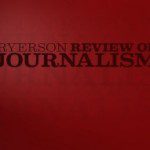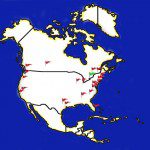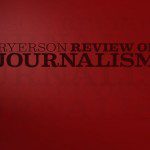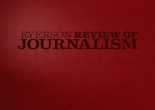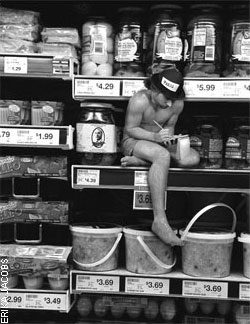The Power and the Story
Journalists not only cover stories, they often shape them
Journalism is about power. From the stories we choose to cover, to the way we present them, to the conflicts between writers and editors-every aspect of the industry assumes some type of control over our audience, our subjects and ourselves. More and more, journalists are seen as sources of information, “experts” on whatever subject they are reporting. Broadcasters interview panels of other journalists to get their interpretations of current issues. Educators and politicians use newspaper and magazine articles as reference material. Among the general population, the phrase “I read it somewhere” becomes justification of fact.
The written word has a lasting effect. I’ve known it since the third grade when my teacher caught me passing a note in class and made me read it aloud. It said, “Tracey likes Ron”-a horribly damaging statement to a nine year-old girl. For the next week, the class teased Tracey, never once questioning the accuracy of my pronouncement. It was the power of the pen in action.
That power is no doubt the reason most of us are in the field of journalism. I’m skeptical of those who say they are in it for the love of writing. If that is the sole motivation, why bother to be published? It is the thought of being read that is so seductive. Then the force of the reader comes into play; we want praise and approval as well.
That is journalism, power from all angles, and it’s what this Review is about. The power of tough city columnist Rosie DiManno, who touches a nerve and brings attention to herself. Our country’s critics and reviewers, who have the power to kill-or breathe life into-a restaurant or play. The corporate power of The Toronto Sun, which imposed its culture on The Financial Post. The long-lasting power of magazine editor Ralph Allen on those who worked with him. The struggle for power between The Windsor Star and its employees in a labor arbitration case. The question of abuse of power by the press toward the Prime Minister. You can decide if they have wielded their power wisely, by reading this magazine. That is the small power that is ours.
by Tamar Satov
Tamar Satov was the Editor for the Spring 1992 issue of the Ryerson Review of Journalism.



